Organic Farming
Farming Types
Organic farming methods

Organic farming methods focus on working with nature to produce healthy, high quality crops without relying on synthetic chemicals or pesticides. These methods prioritize soil health, using compost, crop rotation, and natural fertilizers to enrich the soil and promote biodiversity. By avoiding GMOs and harmful chemicals, organic farming ensures that the produce is safe for both consumers and the environment. The goal is to create a sustainable farming system that nurtures the land, supports wildlife, and produces nutrient-rich, flavorful fruits and vegetables. Organic farming is not just a method; it’s a commitment to the planet and the people it feeds.
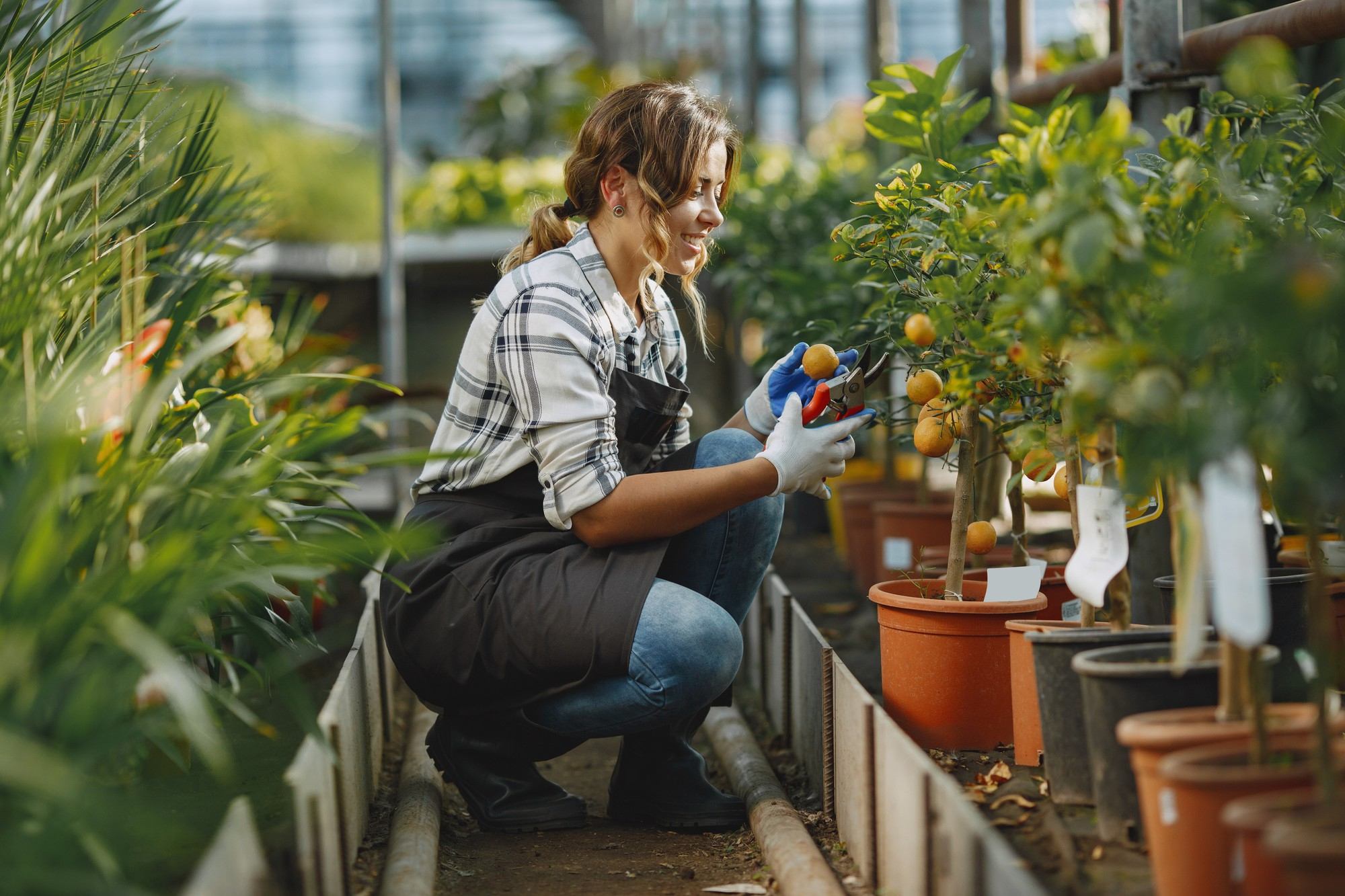
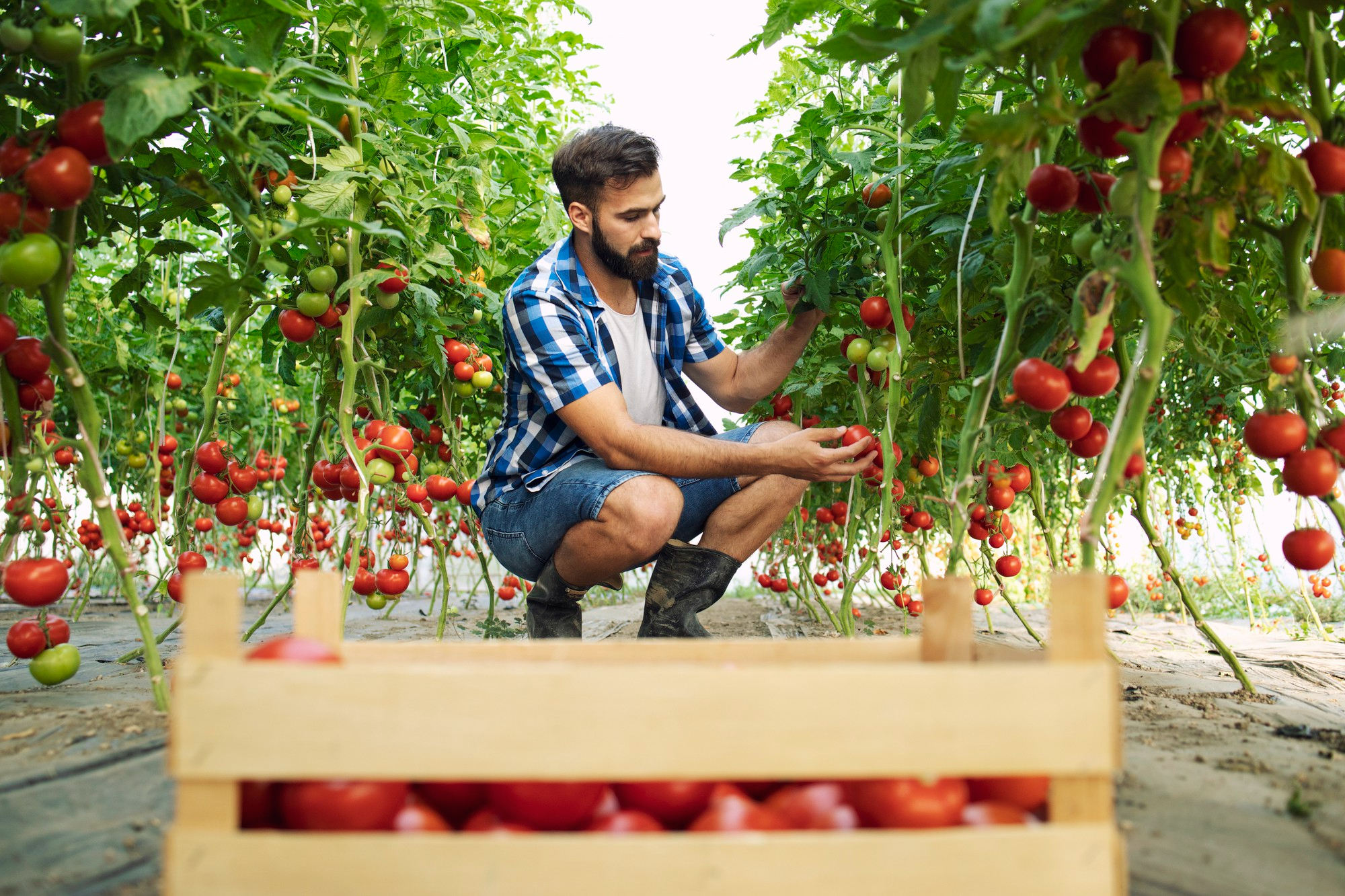
Soil Health Management
Healthy soil is the foundation for profitable, productive, and environmentally sound agricultural systems. By understanding how the soil processes that support plant growth and regulate environmental quality are affected by management practices, it is possible to design a crop and soil management system that improves and maintains soil health over time. This information is for farmers and gardeners who want to understand the physical, chemical, and biological components of healthy soil and how to manage them. Organic farming places a strong emphasis on maintaining healthy soil, which is the foundation of sustainable agriculture. Practices such as crop rotation, green manures, and the use of compost help to naturally replenish soil nutrients and improve its structure. These methods encourage a rich ecosystem of beneficial organisms, promoting long-term soil fertility and resilience.
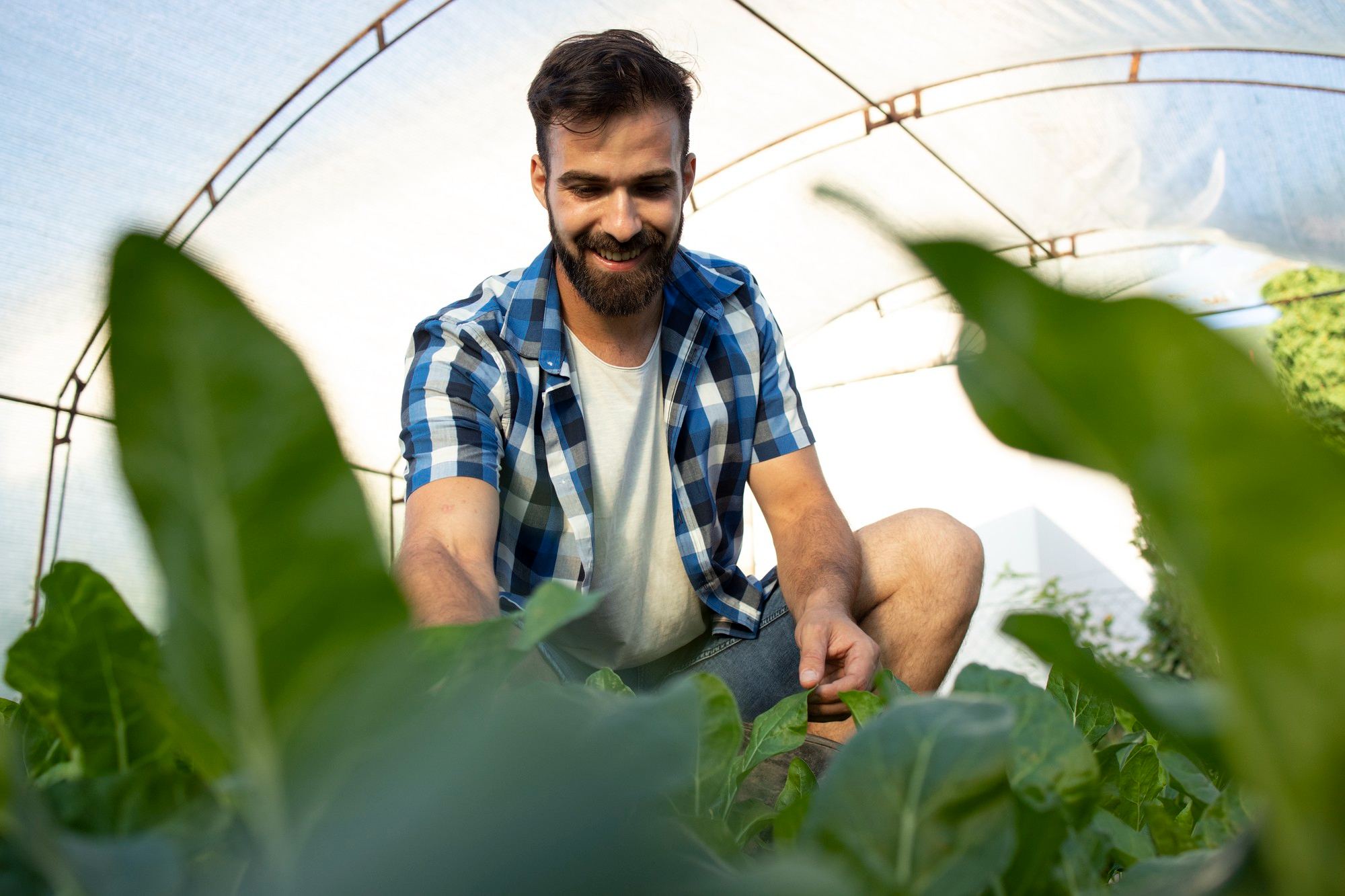
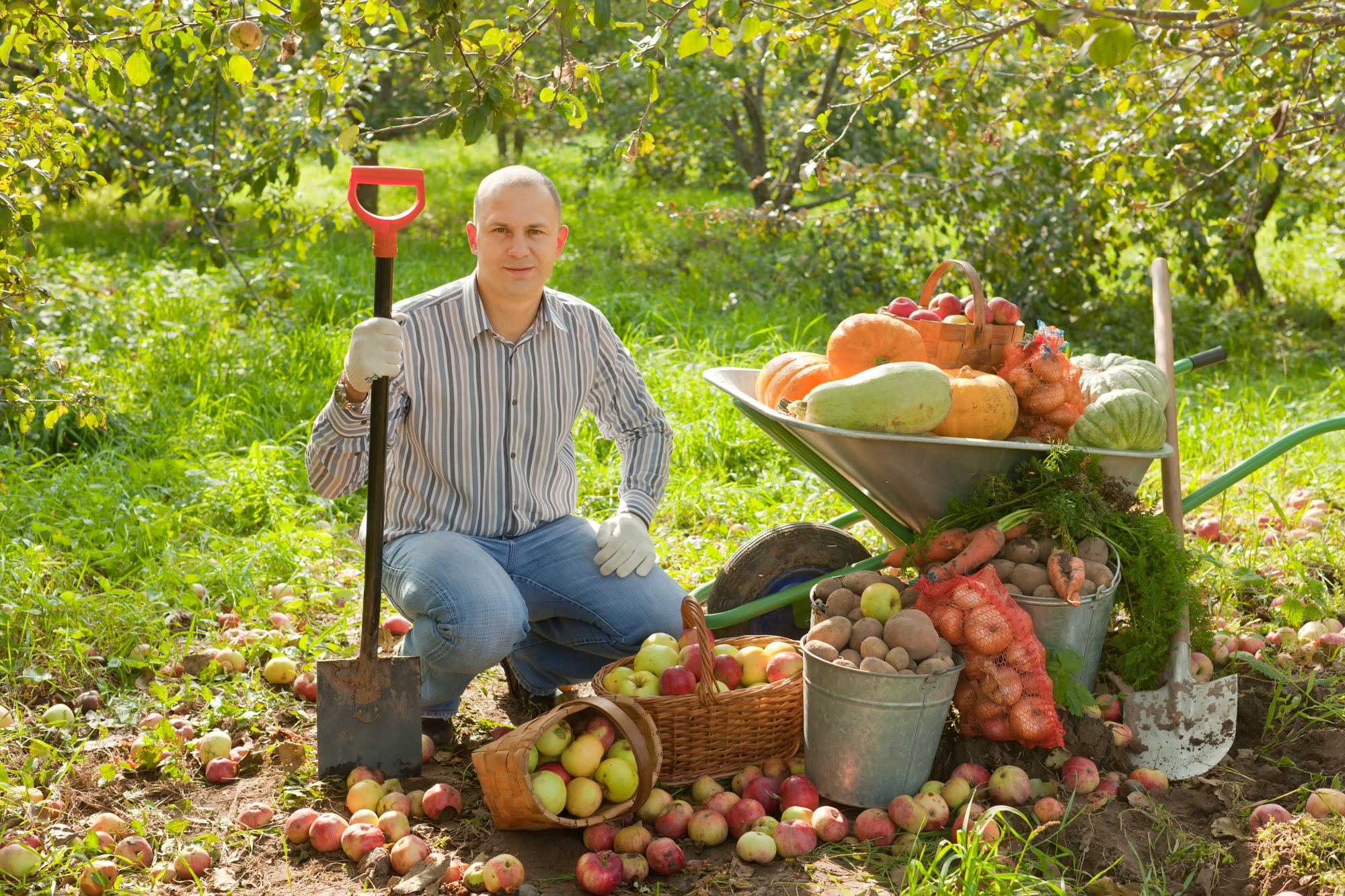
Natural Pest Control
In the green revolution era, the use of high yielding varieties, chemical fertilizers, synthetic insecticides were used extensively to increase the productivity of wheat and rice. High yielding varieties were responsive to high inputs. Moreover, the argument behind using pesticides is that with the intensive agriculture, the problems of insectpests, and diseases are taking complex shape and posing serious challenges, which have to be dealt with by using synthetic pesticides. So, the use of pesticides during last few decades has emerged as one of the essential agro-inputs to increase crop yields. But scientific surveys and evidences indicate a number of hazards associated with the use of such chemicals. Further, injudicious use leads to resistance in pests and pathogens, killing of various beneficial organisms like fishes, birds, wildlife, pollinators and microbes, poisoning to agricultural farm workers who are associated with application and spraying of chemicals on different crops, contamination of soil, air, surface and ground water, biomagnification of toxicants in food chains, residues in food and feed stuff and much more.
- Introducing beneficial insects like ladybugs, lacewings, and predatory beetles helps control pests naturally, these insects target harmful species, keeping the pest population in check without the need for chemicals.
- Crop rotation involves changing the types of crops grown in a specific area each season, this practice breaks pest and disease cycles, preventing them from becoming established and reducing the need for chemical intervention.
- Certain plants, such as marigolds, basil, and garlic, can naturally repel pests by strategically planting these around crops, farmers can create a natural barrier to keep unwanted insects away.
- Organic farmers use natural pesticides like neem oil or diatomaceous earth to manage pests these alternatives are effective at controlling insects without harming beneficial organisms or the environment.
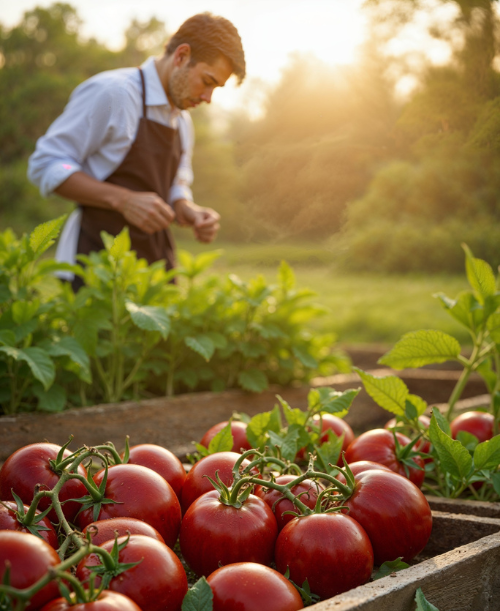
Organic farming
Organic Products

- Chemical-free fresh organic vegetables farming.
- Heirloom tomato plant varieties cultivation methods.
- Organic whole grain production practices techniques
- Pesticide free seasonal fruit harvesting process.
- Locally grown organic fruit produce harvest.
- Organic leafy greens cultivation methods techniques.
- Freshly picked organic Fruits harvest season.
Organic farming focuses on producing vegetables and fruits without synthetic chemicals, pesticides, or fertilizers. By utilizing sustainable practices, it ensures healthier crops, better soil quality, and minimal environmental impact. eco friendly practices, yielding fresh, nutritious, and chemical free produce. Organic farming also promotes biodiversity by encouraging natural pest control and soil fertility through crop rotation and composting.
We have a strong agriculture & heritage
- Our farming heritage is built on strong, time tested practices.
- We prioritize sustainable methods for soil health and crop growth.
- Our commitment to organic farming ensures the highest quality produce.
- We honor generations of farmers who have shaped our practices.
- We focus on nurturing the land to preserve its vitality for future generations.
Growing with Nature & Organic Farming
- Our farming practices work in harmony with the natural environment.
- We use organic fertilizers and crop rotation to maintain soil fertility.
- Our methods focus on enhancing biodiversity and reducing impact.
- We rely on natural pest control to protect our crops without chemicals.
- Organic farming ensures healthier crops, healthier communities, and a healthier.
